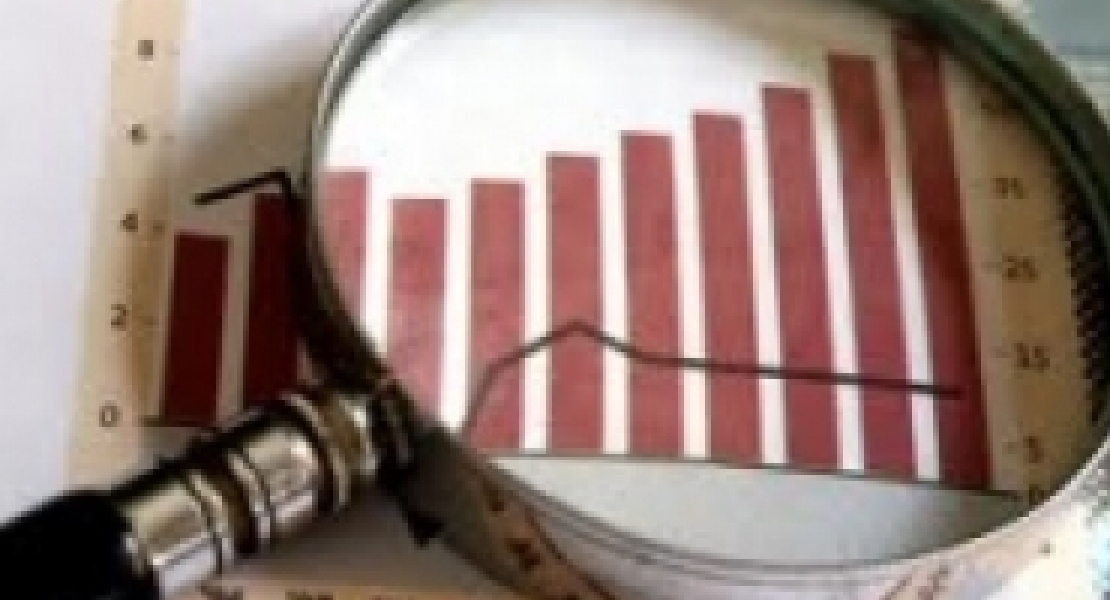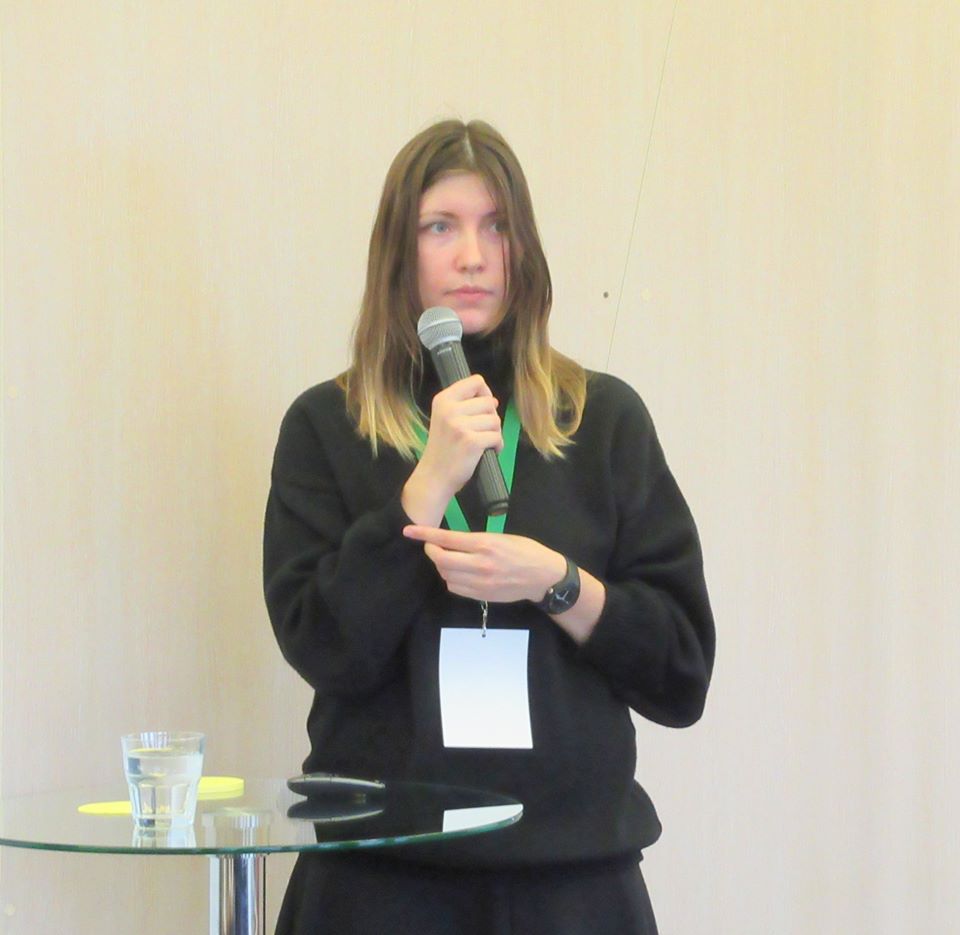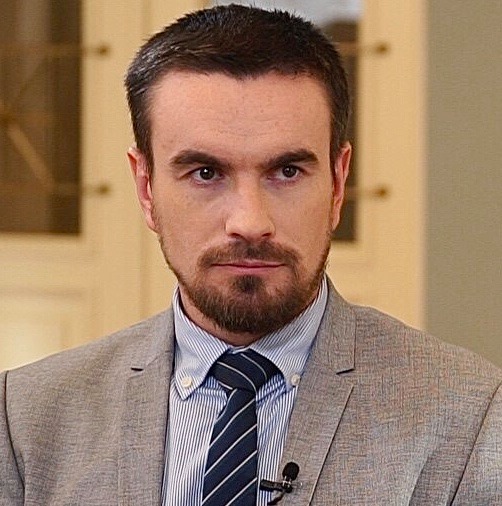The landmark foreign policy events this April included the visit by Kazakhstan Prime Minister S. Akhmetov to Minsk, acquisition of a part of a seaport terminal in Klaipeda, which could be regarded as a sort of guarantee of the continuous transit of Belarusian commodities via the Lithuanian port, and the ongoing efforts of Belarusian diplomats in the Western front amid contradictions manifested in Belarusian-Russian relations.
Overstocks remain a significant problem: in early March 2013, inventories were at 75.2% of the monthly output, whereas in April, the figure went up to 79.7%. As of 1 April, inventories were worth a total of 32.3 trillion Belarusian rubles, more than a quarter of the absolute amount of the country’s GDP recorded in January-March 2013. The main “contributors” to the inventories are processing companies. Although A. Lukashenka made it clear in his annual address to the nation and the parliament this April that inventories needed to be cut down, there is no mechanism to deal with overstocks. Moreover, inventories will likely further increase in case of anticipated drops in oil prices and weaker demand in the Russian market, the largest consumer of Belarusian products.
Judging by the agenda for the spring session of the House of Representatives of the National Assembly of Belarus, no important innovations in the social sector will be introduced in the coming months. The second session of the lower house of parliament, which opened on 2 April, mentioned social issues only in passing. The presidential address to the nation and the National Assembly on 19 April comprised a special social block; however, the concerns voiced by the president could be categorized as banal election rhetoric. In 2013, the economic growth will hardy result in higher spending on social security and increase in wages paid to public sector employees.
Following a short period of relative inactivity of state control in the cultural sector (the authorities made no attempts to further deliberalize the Belarusian cultural landscape, although they did not relax the policy of bans and limitations), a number of negative developments took place. A court recognized the book of news photos “Belarus Press Photo 2011” to be extremist, bans on concerts were renewed and the resumption of the Arche magazine operation was delayed. Further confrontation between official and unofficial culture became apparent.
The BISS-Timeline is a brief monthly review of the major social, economical, political and cultural events in Belarus. It enables readers to learn new trend in the field of interest within just a few minutes.
Find April BISS-Timeline issue in PDF format below.






